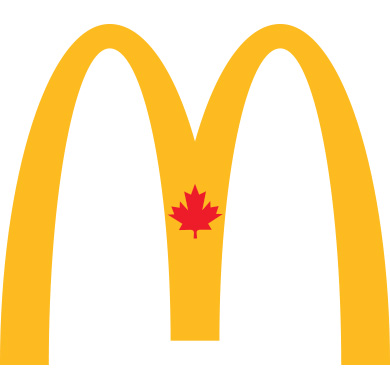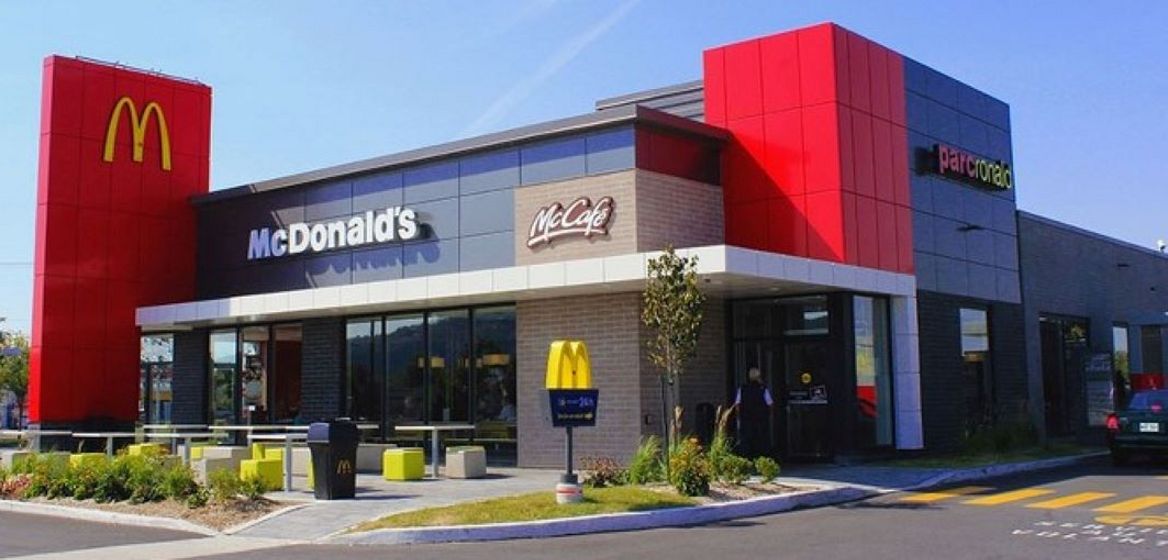Ducks Unlimited Canada's $5-Million Forage Program Makes Strides in Enrolling 26,000 More Acres of Grasslands During its Third Partnership Year
11-03-2023
In the third year of partnership, the Forage Program is on track to achieve the five-year, 125,000-acre target
From April 2022 to March 2023 alone, the program saw approximately 26,000 acres of grasslands enrolled across farmers’ and ranchers’ land in Manitoba (~3,300 acres), Saskatchewan (~17,000 acres), and Alberta (~5,600 acres).
Through the restoration of grasslands, the Forage Program will deliver real impact by:
- Capturing and storing carbon dioxide: The anticipated impact of the program is comparable to removing 75,000 tonnes of CO2e (carbon dioxide equivalent) from the atmosphere by the end of 2025[1]
- Providing habitat for wildlife: The program is helping bring back declining populations of grassland birds as well as many species of waterflow
- Enhancing water quality: The program is helping to restore grasslands
Grassland systems can have a significant impact at the watershed scale for reducing runoff and flooding. McDonald’s Canada is committed to advancing agricultural practices and supporting the next generation of farmers across Canada. To date, the support from McDonald’s Canada and Cargill has helped DUC provide Canadian farmers and ranchers the financial and technical support they need to help restore Canada’s grasslands and help create resilient landscapes.
[1] DUC’s estimates of CO2e sequestration are based on values presented in Janzen and Haugen-Kozyra (2012) and McNeil (2013) for the parkland region of Alberta. DUC presumes that, because precipitation increases as one moves from Alberta to Manitoba, and precipitation gradients correspond with gradients in grass production and soil carbon storage (Lauenroth et al. 1999), the sequestration rates for Alberta are likely conservative when applied to Saskatchewan and Manitoba.
For more information on McDonald’s Canada’s role in supporting Canadian farmers, visit: https://www.mcdonalds.com/ca/en-ca/our-purpose-and-impact/food-quality-and-sourcing.html

